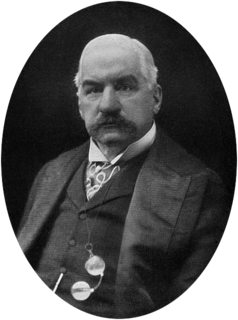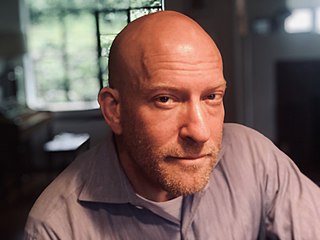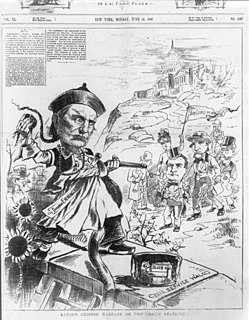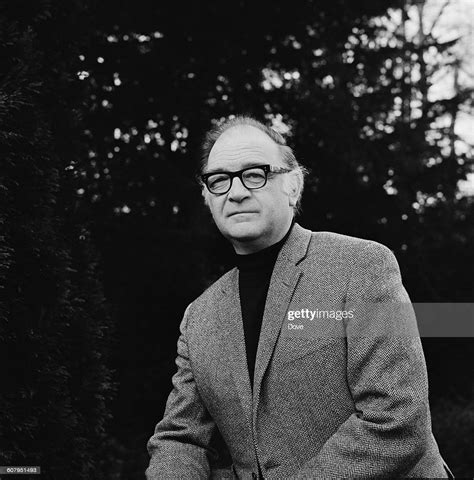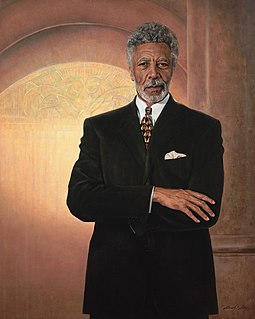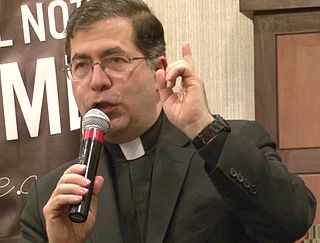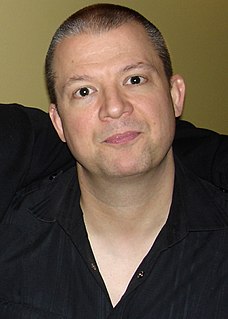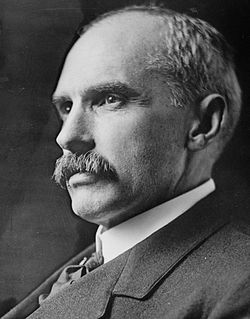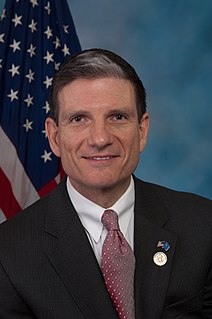Top 1200 Public Housing Quotes & Sayings - Page 3
Explore popular Public Housing quotes.
Last updated on November 10, 2024.
Don't talk to me about appealing to the public. I am done with the public, for the present anyway. The public reads the headlines and that is all. The story itself is fair and shows the facts. That would be all right if the public read the facts. But it does not. It reads the headlines and listens to the demagogues and that's the stuff public opinion is made of.
Politically, sometimes you get situations where rent control will go through. It is especially true in an emergency, where there is a sudden, sharp increase in demand for housing or a cut back in supply. People will simply not allow the marketplace to allocate housing resources and so you get pressures for rent control. Once you have it, it is hard to eliminate.
Felons are typically stripped of the very rights supposedly won in the civil rights movement, including the right to vote, the right to serve on juries, and the right to be free of legal discrimination in employment, housing, access to education, and public benefits. They're relegated to a permanent undercaste.
After political crusades for 'affordable housing' ended up ruining the housing market and much of the economy with it, many of the same politicians are now carrying on a crusade for 'affordable health care.' But what you can afford has absolutely nothing to do with the cost of producing anything. Refusing to pay those costs means that you are just not going to continue getting the same quantity and quality - regardless of what any politician says or how well he says it.
People need to get involved in their neighborhood groups and the many housing reform groups that are out there. We need to hold our elected officials accountable and push them to create legislation that protects tenants and keeps people in their homes. Our governments - local, state and federal - also need to allocate resources to enforce the fair housing laws that are already on the books.
In the planning and designing of new communities, housing projects, and urban renewal, the planners both private and public, need to give explicit consideration to the kind of world that is being created for the children who will be growing up in these settings. Particular attention should be given to the opportunities which the environment presents or precludes for involvement of children both older and younger than themselves.
When George W. Bush tried to roll back taxpayer exposure to a housing crash via Fannie and Freddie, guess what two senators joined a filibuster of the Bush initiative? Yep... those saviors of the working class, Barack Obama and Hillary Clinton. They went to bat for the housing industry and voted to allow taxpayer exposure to escalate.
Few people make a living as a public speaker but many people build it into their career. A career is like a suit of clothes: to look its best, it must be tailored and accessorized. So whatever career you choose, let's say it's social work - you can, for example, ask your boss - if you can give talks at housing project community centers about the social services available.
I did not realize that when money becomes a core value, then education drives towards utility or that the life of the mind will not be counted as good unless it produces measurable results. That public services will no longer be important. That an alternative life to getting and spending will become very difficult as cheap housing disappears. That when communities are destroyed only misery and intolerance are left.
Some will say it isn't the government's job to manage who people meet and interact with, but there is clearly a lot it can and should do. It should offer communities much more support to manage demographic and cultural change, including investment in public services and additional housing stock in our migration hotspots.
Those labeled felons may be denied the right to vote, are automatically excluded from juries, and may be legally discriminated against in employment, housing, access to education, public benefits, much like their grandparents or great grandparents may have been discriminated against during the Jim Crow era.
All buildings, large or small, public or private, have a public face, a facade; they therefore, without exception, have a positive or negative effect on the quality of the public realm, enriching or impoverishing it in a lasting and radical manner. The architecture of the city and public space is a matter of common concern to the same degree as laws and language—they are the foundation of civility and civilisation.
I was born on the other side of the tracks, in public housing in Brooklyn, New York. My dad never made more than $20,000 a year, and I grew up in a family that lost health insurance. So I was scarred at a young age with understanding what it was like to watch my parents lose access to the American dream.
The government ought to be in the business of delivering health, education, housing, and basic services to people without a lot of game playing. There ought to be comprehensive childcare, a comprehensive approach to housing, a sane, rational way to finance education. But I also strongly believe in the notion of fundamental individual freedom.
The persistence of housing discrimination and housing segregation makes it difficult at times to integrate schools. So what flows from that is disappointment and cynicism and the search for what's next. And it's really in the search for what's next after that that we come upon ideas like increasing standardized testing for kids and using those tests scores to hold teachers accountable.
Everybody would be better off if they could buy housing for only, let's say, a carrying charge of one-quarter of their income. That used to be the case 50 years ago. Buyers had to save up and make a higher down payment, giving them more equity - perhaps 25 or 30 percent. But today, banks are creating enough credit to bid up housing prices again.
For the rest of their lives, [black men] can be denied the right to vote, automatically excluded from juries, and legally discriminated against in employment, housing, access to education and public benefits. So many of the old forms of discrimination that we supposedly left behind during the Jim Crow era are suddenly legal again once you've been branded a felon.
All three of the leaders looked like they were surprised to be asked about housing. And really none of them had anything interesting to say. And so this is something we need to push hard on to ensure that they understand that our housing crisis is really a major economic issue. It's not a social issue; it's an economic issue.
The real story in housing will be a recovery in the economy that will drive a recovery in housing, When people are working, when there are more jobs, more households forming and people go back to buying cars, they're going to want their apartments and homes. And that's when you'll start to see a recovery in home prices.
YIMBYs should embrace a housing reform agenda broader than increasing urban density. This should start with ending tax shelters in the form of land conservation easements to cattle ranches and farms that abut suburbs. This would create an incentive for landowners convert them either to new housing subdivisions or to genuinely new natural areas.
We create these boom-bust cycles by manipulating the money supply and the interest rates and directing it where it went in. And that is what happened with housing: pushed into housing combination of easy money plus all the regulations, and we created this boom-bust cycle, and corruption, because corruption goes with it, because you don't have the same discipline. So we've got to stop all that.
We must dispel the negative and harmful atmosphere that has been created by avaricious and unprincipled realtors who engage in "blockbusting." If we had in America really serious efforts to break down discrimination in housing, and at the same time a concerted program of government aid to improve housing for Negroes, I think that many white people would be surprised at how many Negroes would choose to live among themselves, exactly as Poles and Jews and other ethnic groups do.
The best way to alleviate the obesity "public health" crisis is to remove obesity from the realm of public health. It doesn't belong there. It's difficult to think of anything more private and of less public concern than what we choose to put into our bodies. It only becomes a public matter when we force the public to pay for the consequences of those choices.
I support defunding the police - particularly the militarization of our police force and reallocating those resources toward public health. And not just health care but mental health support, affordable housing, education, alternatives to incarceration, non-emergency responses to those who might be in mental distress.
Public virtue cannot exist in a nation without private, and public virtue is the only foundation of republics. There must be a positive passion for the public good, the public interest, honour, power and glory, established in the minds of the people, or there can be no republican government, nor any real liberty: and this public passion must be superiour to all private passions.
I just thought someone has to figure out how to break through that barrier and create a narrative for a black super hero story to unfold at the same scale as something like Star Wars. Rythm Mastr is about producing a narrative of a hero engaged in a struggle as complicated as those other stories. The catalyst for it was the beginning of the demolition of public housing in Chicago.
The government has brought on the housing problem, partly by these very low interest rates, which encouraged many people to go way out on a limb. They've brought it on by highly restrictive building policies, which have caused housing prices to skyrocket artificially. And they've brought it on by the Community Reinvestment Act, which presumes that politicians are better able to tell investors where to put their money than the investors themselves are. When you put all that together, you get something like what you have.
There is plenty of blame to go around for the U.S. housing bubble, but not much of it belongs to Fannie Mae and Freddie Mac. The two giant housing-finance institutions made many mistakes over the decades, some of them real whoppers, but causing house prices to soar and then crater during the past decade weren't among them.
Too-easy credit and millions of bad loans made during the U.S. housing bubble paved the way for the financial calamity and Great Recession that followed. Today, by contrast, credit is too tight. Mortgage loans are particularly hard to get, creating a problem for the housing market and the broader economy.
Having spent years ruining the housing markets with their interference, leading to a housing meltdown that has taken the whole economy down with it, politicians have now moved on into micro-managing automobile companies and medical care. They are not going to stop unless they get stopped. And that is not going to happen until the voters recognize the fact that political rhetoric is no substitute for competence.
One of the things that's amazing about reading the private writing of these folks is that they enthusiastically describe things which we have now seen, and which are widely regarded as unappealing. They'll write, "It's going to be beautiful, we're going to have a town of 1,000 stone buildings that are all identical." And we as modern readers think, we've seen that; that's bad Soviet architecture or a public housing project. Nobody fantasizes about living there.
One third of the $15 trillion of mortgages in existence in 2008 are owned, or securitized by Fannie Mae, Freddie Mac, Ginnie Mae, the Federal Housing and the Veterans Administration. Wall Street buyers of repackaged loans didn't mind buying risky paper because they assumed that they would be guaranteed by the federal government: read bailout from the taxpayers. Today's housing mess can be laid directly at the feet of Congress and the White House.
So, I mean, there's still vast swaths of the city that are suffering from a lack of jobs and poor housing and poor public schools, but they are building momentum - you know, techies, foodies, artists, musicians, all coming to Detroit. So there is this vibrancy. You see it in the newspapers every day - some story about the new Detroit.
Mitt Romney and I don't agree on every issue and certainly housing is one of them. When you look at what is going on here in Southern Nevada, you can't say you got to let the housing market hit bottom. We have been bouncing along the bottom for years. And the fact is we have to do everything possible to: 1) keep people in their homes and 2) get people who are out of their homes back into their homes.
